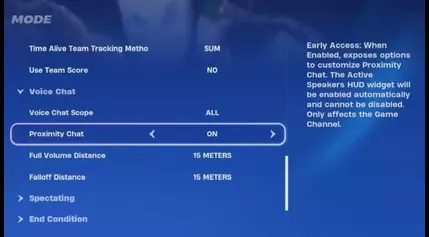Advertisement
Russian money was funneled to right-wing creators through a pro-Trump media outlet: prosecutors
Covert Kremlin Influence: The Untold Story of Tenet Media's Alleged Pro-Trump Propaganda NetworkEmployees of the Russia-backed media network RT are accused of funding and directing a multi-million dollar scheme to channel money to prominent right-wing commentators through a Tennessee-based media company, Tenet Media, which appears to match the description of a leading platform for pro-Trump voices. The indictment of two RT employees sheds light on an alleged covert project to influence American politics by leveraging social media platforms and well-known online personalities.## Exposing the Kremlin's Proxy: Allegations Against Tenet MediaThe Department of Justice has brought charges against two RT employees, Konstantin Kalashnikov and Elena Afanasyeva, for their involvement in a nearly million plan to fund a Tennessee-based company as part of their "covert projects" to influence American politics. The indictment alleges that this company, which matches the description of Tenet Media, was used to channel funds to prominent right-wing commentators, including some with millions of social media followers.### Connecting the Dots: Tenet Media's Alleged Ties to RTThe indictment provides a detailed account of the alleged scheme, indicating that the company's website and online presence closely resemble that of Tenet Media, a leading platform for pro-Trump voices. The company's registered agents, Liam Donovan and Lauren Tam, are also linked to the indictment through their connection to Tenet Media. Tam, also known as Lauren Chen, has a history of praising Russian President Vladimir Putin and criticizing U.S. support for Ukraine, further raising suspicions about the company's potential ties to Russian interests.### Prominent Personalities Implicated: The Indictment's AllegationsThe indictment names six prominent right-wing commentators who allegedly received funds from the RT-backed scheme, though their identities are not explicitly revealed. However, details in the indictment suggest that the commentators include Dave Rubin, Tim Pool, and Tayler Hansen, among others. The indictment alleges that these commentators were unaware of the Russian origin of the funding and were deceived about the source of the money.### The Commentators Respond: Denials and Claims of VictimhoodFollowing the indictment, the commentators named in the document have issued statements denying any knowledge of the alleged scheme and claiming to be victims of the deception. Rubin, Pool, and Hansen, among others, have expressed shock and outrage at the allegations, stating that they had no idea the funding was coming from Russian sources and that they maintained complete editorial control over their content.### The Implications: Scrutiny on Pro-Trump InfluencersThe indictment adds to the growing scrutiny on some internet commentators who have embraced pro-Trump narratives and worldviews, often aligning with Russian interests. Figures like Tim Pool and Dave Rubin have built sizeable online followings and have been critical of U.S. support for Ukraine, echoing Kremlin talking points. The revelations in the indictment raise questions about the potential influence of foreign actors on the narratives being amplified by these prominent personalities.### Experts Weigh In: Uncovering Russia's Covert Influence EffortsBret Schafer, a senior fellow at the German Marshall Fund who studies disinformation, notes that the alleged scheme is not the first attempt by Russia to covertly fund U.S. media operations. He highlights the case of Maffick Media, a network of online video channels that was discovered to have been secretly funded by an RT subsidiary. However, the scale and reach of the Tenet Media operation, with its connections to high-profile commentators, make it a more influential and concerning development.In the ongoing battle against foreign interference in domestic politics, the revelations surrounding Tenet Media serve as a stark reminder of the need for vigilance and transparency in the online media landscape. As the investigation unfolds, the implications of this alleged Kremlin-backed scheme will likely continue to reverberate, raising further questions about the integrity of the information being consumed by millions of Americans.




















